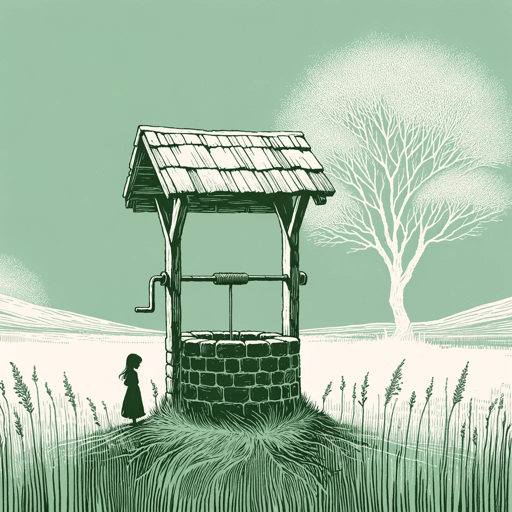44 pages • 1 hour read
Claire KeeganFoster
Fiction | Novella | Adult | Published in 2010A modern alternative to SparkNotes and CliffsNotes, SuperSummary offers high-quality Study Guides with detailed chapter summaries and analysis of major themes, characters, and more.
Important Quotes
Content Warning: This section of the guide discusses death of a child, implied parental abuse and neglect, and separation of a foster child from their preferred family.
“It is something I am used to, this way men have of not talking: they like to kick a divot out of the grass with a bootheel, to slap the roof of a car before it takes off, to spit, to sit with their legs wide apart, as though they do not care.”
(Chapter 1, Page 6)
The girl imitates mature knowledge as she watches her father and John Kinsella chat, establishing that her experience with men has led her to believe that they perform their lack of investment and do not communicate. This understanding of masculine “not talking” changes as the narrator learns Kinsella’s way of only speaking about hard things when the words will land on supportive ears. This line also demonstrates Keegan’s use of enumeration to lend a childish tone to the narration.
“Part of me wants my father to leave me here while another part of me wants him to take me back, to what I know. I am in a spot where I can neither be what I always am nor turn into what I could be.”
(Chapter 1, Page 11)
This line summarizes the narrator’s combination of eagerness to grow up and nervousness about change. She anticipates her own coming transformation, articulating a childhood experience of liminality.
“I keep my foot in the water, and then, when I think I can’t stand it any longer, my thinking changes, and I can.”
(Chapter 2, Page 18)
Adjusting to the hot water of her first bath at the Kinsellas’ symbolizes the way the girl must adapt to new future demands, most of them positive. This quote also reflects the narrator’s reliance on the power of “thinking” rather than feeling.


